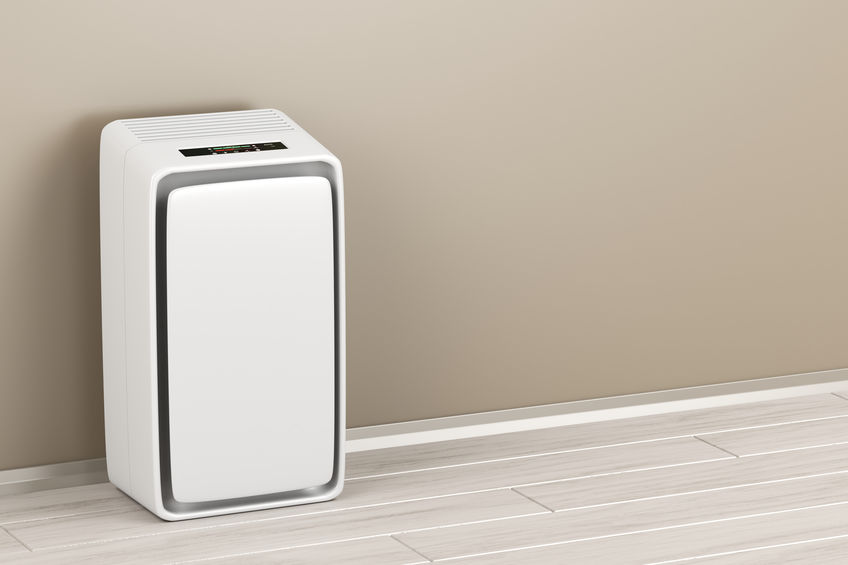Using a humidifier not only helps to improve your living conditions but also plays a significant role in alleviating symptoms of different health problems. This article discusses some of the uses of humidifiers and reasons why you should consider them for your home or office.
- To Promote Better Health
An air mist humidifier can make your home less conducive to cold and flu.

- To Provide Seasonal Comfort
Static electricity caused by dry air can cause uncomfortable symptoms such as dry throats, bloody noses, and standing hair follicles. An air humidifier can make your indoor environment feel comfortable like the other seasons so that you and your family can spend quality time together with less discomfort. The added moisture helps to break up the phlegm in your chest and nose to loosen the congestion. Whether you are relaxing at home with your family or holding a party with your friends during winter, you will not have to worry about the effects of dry air since your humidifier will be working round the clock to maintain the right amount of moisture in your home.
- To Promote Better Sleep
Too much dry air can cause a lot of dryness in your nasal passages when sleeping, forcing you to breathe through your mouth. A humidifier creates a favorable scenario by adding moisture to the air to help soothe the tissues located at the back of your throat. As a result, it minimizes the sound produced by the dry nasal passages when breathing to help you sleep better. It is also important to run the humidifier during the day to help your throat stay moist. This helps to prevent the irritation that is often associated with snoring.
- To Prevent Damage to Furniture
Wood furniture can dry out and crack if there is less moisture in the air. The joints of a table or chair may start wobbling as the joints loosen and your wooden door can change in size making it difficult to open and close. The slats of your wood floor can separate over time, leaving gaps that fill with dust that prevent them from closing back. This can make them shift under your feet every time you are walking around the house. Materials made of wood require a constant level of moisture to stay at their best. The textured paint job you bought can last a lot longer if you have the right level of moisture in the air.
- To Enhance the Growth of Indoor Plants
Most indoor houseplants are of the tropical variety and can do better if you have a humidifier. When the air is too dry, your plants may experience stunted growth, dry leaf tips, and even leaf loss. Since most of the plants that we grow in our homes thrive in environments where moisture is abundant in the air, a humidifier can replicate the same habitat in your home. However, indoor plants do not need a tangible mist hanging in the air but only require the right level of humidity when the outside temperatures dip below freezing point.
Although a humidifier offers several benefits, it also comes with other downsides that can be mitigated with proper care and maintenance. Keep in mind that too much moisture can be bad or even worse than the air that is too dry. Humidifiers need proper care and maintenance to prevent causing more problems than what you are trying to solve. You need to clean them regularly and use hygrometers to measure the level of humidity in your home.
